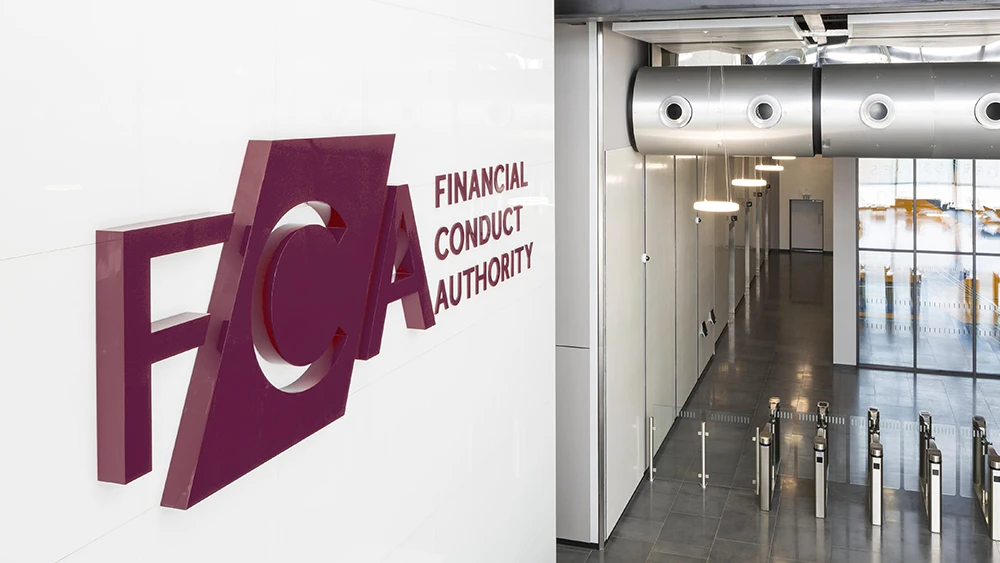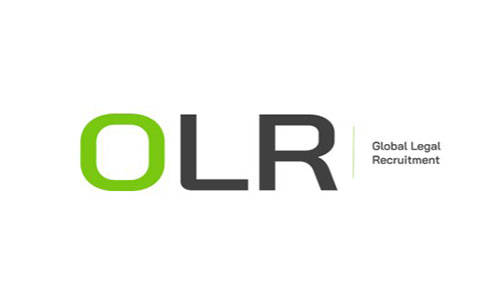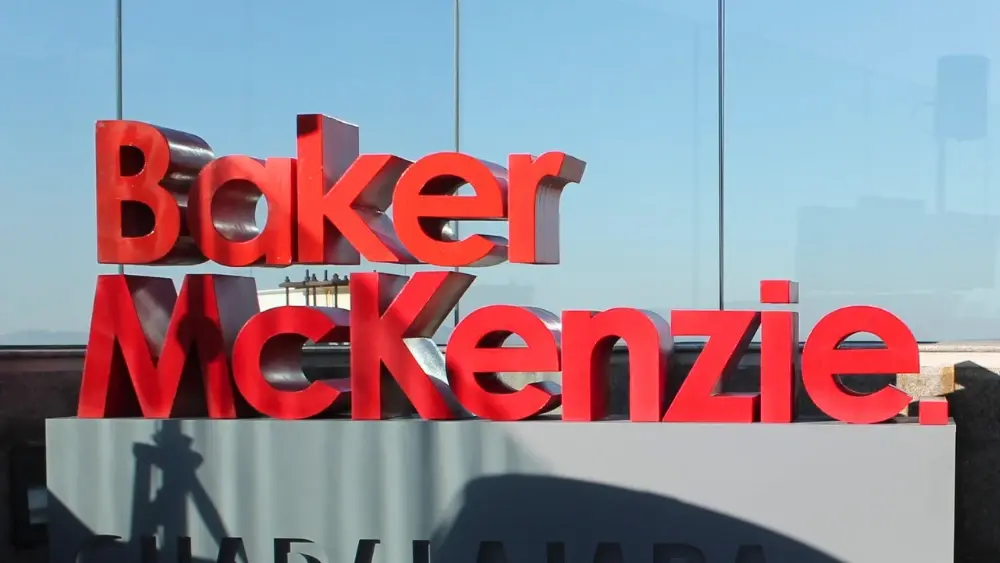'Disappointed' SRA loses AML powers as government hands control to FCA

The government has stripped the SRA of anti-money laundering supervision, transferring oversight of law firms to the FCA.
The move marks one of the biggest regulatory shake-ups in years and will force firms to overhaul their compliance systems under a new supervisory regime.
The government this week confirmed that anti-money laundering (AML) supervision of law firms will be taken away from the SRA and handed to the FCA, in one of the biggest regulatory shake-ups the legal sector has seen in years.
Chancellor Rachel Reeves announced the move on Tuesday (21 October) as part of a "blitz on business bureaucracy", designed to drive growth and cut "pointless admin." The FCA will become the Single Professional Services Supervisor (SPSS) for AML, overseeing the legal, accounting and certain other professional services sectors.
"These changes will simplify the supervision of professional services, ensure more consistent oversight and help us identify and disrupt crime," explained Steve Smart, joint executive director of enforcement and market oversight at the FCA.
Major shift in oversight
The SRA has overseen AML compliance since its creation in 2007 but will now see its role significantly reduced. Under the new regime, the FCA will take charge of supervision, working with regulators and the professional services sector to "improve the UK’s defences against money laundering".
In recent years, the SRA has faced mounting pressure to show it was taking enforcement seriously, securing several high-profile penalties against firms for AML control failings, including a £500,000 fine for Clyde & Co, £300,000 for Simpson Thacher, and £170,000 for legacy firm Taylor Vinters in July.
Pushback from the profession
The Law Society said it "would not have chosen this route" and expects the change to bring "significant challenges", warning the government to manage the transition carefully.
President Mark Evans said: "The AML regime is highly complex and we are concerned the government has chosen to create a Single Professional Services Supervisor, which comes with many challenges." He added that the FCA should take a "proportionate, risk-based" approach rather than "blind compliance."
Others in the industry were more critical. Nick Henderson-Mayo, head of compliance at training provider VinciWorks, said the move risks "replacing one set of problems with another."
"The FCA has long faced criticism from the financial services industry for slow responses, inconsistent supervision, and unclear expectations - and now it’s being handed the keys to the legal profession," he said. "The SRA may have been the devil we know, but it understood the unique risks and realities of legal practice."
Compliance overhaul ahead
Compliance experts said the shift would have major operational consequences for law firms. Jennifer Dunlop, managing director at Compliance Office, said firms will need to review and rebuild AML policies, procedures and risk assessments to reflect the FCA’s approach.
"This won’t be a quick update," she said. "We can expect a total change in how AML compliance will be monitored and enforced."
SRA blindsided
Meanwhile, in comments reported by the Gazette, SRA chief executive Paul Philip said the regulator had only been informed of the decision earlier this week.
"We would say we are disappointed, but this is a wider government issue," he said. "Our concerns are about transition and how long it will take. We have got to try and keep the show on the road."
Join 10,000+ City law professionals who start their day with our newsletter.
The essential read for commercially aware lawyers.







